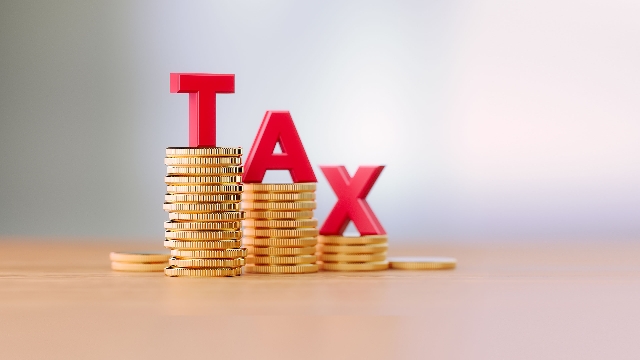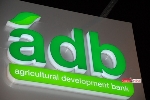ISSER supports flat-rate tax system to boost compliance
 The institute contends that Ghana’s complex tax framework may be impeding compliance and hindering revenue generation
The institute contends that Ghana’s complex tax framework may be impeding compliance and hindering revenue generation
The Institute of Statistical, Social and Economic Research (ISSER) has recommended further research into implementing a flat-rate tax for businesses, marking a potential shift in Ghana's approach to revenue generation.
In its recently published State of the Ghanaian Economy Report 2023 and Q3 2024 Review, ISSER suggests that a simplified tax structure could streamline compliance, ease administrative burdens on businesses, and potentially improve tax collection.
The recommendation aligns with a broader tax reform proposal from New Patriotic Party presidential candidate Dr Mahamudu Bawumia, who advocates a flat-rate tax as a central component of his vision for a business-friendly tax system.
“There is also a need for research on a flat-rate tax for businesses,” ISSER said in its report, underscoring the potential of a simplified structure to facilitate greater voluntary compliance, especially among small and medium-sized enterprises (SMEs).
The institute contends that Ghana’s complex tax framework may be impeding compliance and hindering revenue generation.
Dr Bawumia’s tax reform strategy goes further, proposing not only a flat-rate tax but also a tax amnesty and the elimination of unpopular levies, including the e-levy and betting tax.
These changes, he argues, would foster a more streamlined tax regime, aimed at stimulating private sector growth and drawing in investment.
ISSER’s call for research highlights its commitment to evidence-based solutions in addressing Ghana’s revenue challenges.
A shift toward a flat-rate tax, the institute suggests, could reduce compliance costs for businesses and improve collection rates, providing a steady and sustainable revenue stream to bolster national development.
Dr Bawumia’s proposal to cut down the number of tax types, which he claims have strained both businesses and citizens, reflects a growing push to reform Ghana's tax policies to better support economic growth.
Trending Business

Finance Minister seeks GH¢68.1 billion for Q1 2025 expenditure
21:51
Finance Minister to deliver mini-budget to Parliament today
10:15
Afram Brothers empowers youth through free construction and entrepreneurship training
01:45
GACL shuts down McDan's private jet terminal over $4m debt; says only ₵2m paid on Christmas Eve
16:46
Private jet terminal shut down: We don't owe GACL-McDan
02:51
GACL shuts down McDan's private jet terminal over $3m debt
12:48
Class Media Group staff to dine and wine at maiden Founder & CEO appreciation night
11:51
ADB defends $750,000 contract renewal amid allegations of political pressure
11:31
North Tongu MP raises alarm over $750,000 ADB midnight contract
11:28



